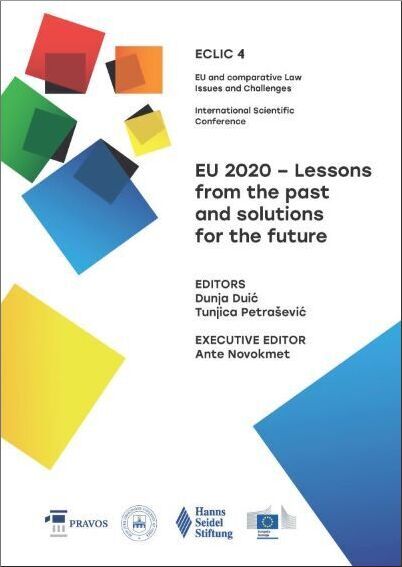MODERN CHALLENGES IN THE IMPLEMENTATION OF THE CHILD’S RIGHT TO KNOW HIS ORIGIN
DOI:
https://doi.org/10.25234/eclic/11944Abstract
The right to know one’s origins means the right to know one’s parentage, i.e. one’s biological family and ascendance and one’s conditions of birth. This right raises some of the hardest legal and ethical issues in the case of adopted children, but also in cases of abandoned or displaced children, children conceived by artificial insemination or of children born out of wedlock. This particular child’s right was increasingly debated in recent years, as it conflicts with the right of the biological parent to remain anonymous. The Article 8 of the European Convention on Human Rights, while ensuring respect and protection for private and family life, guarantees at the same time two opposing rights - the right to privacy and the protection of the personal data and the right to know one’s origins. This legal solution raises the question whether the right to know the origin in case of children who have reached a certain psycho-physical maturity should prevail when it comes into the conflict with the right of the biological parent to remain anonymous? Although the legal instruments protect both rights, in recent years there is aim to promote the child’s right to know their origin rather than the anonymity of the biological parents. To address the issue of conflict between those rights this paper aims to suggest ways in which rights can be balanced against each other to provide the principles guiding the enforcement of the child’s right to known his origin in practice.
Downloads
Published
How to Cite
Issue
Section
License
Copyright (c) 2020 Barbara Preložnjak

This work is licensed under a Creative Commons Attribution-NonCommercial 4.0 International License.
Authors retain the copyright on the papers published in the Journal, but grant the right of first publication to the Journal. Papers accepted for publication or already published in ECLIC of the Faculty of Law in Osijek may be published by the author(s) in other publications only with proper notice of its previous publication in ECLIC.


